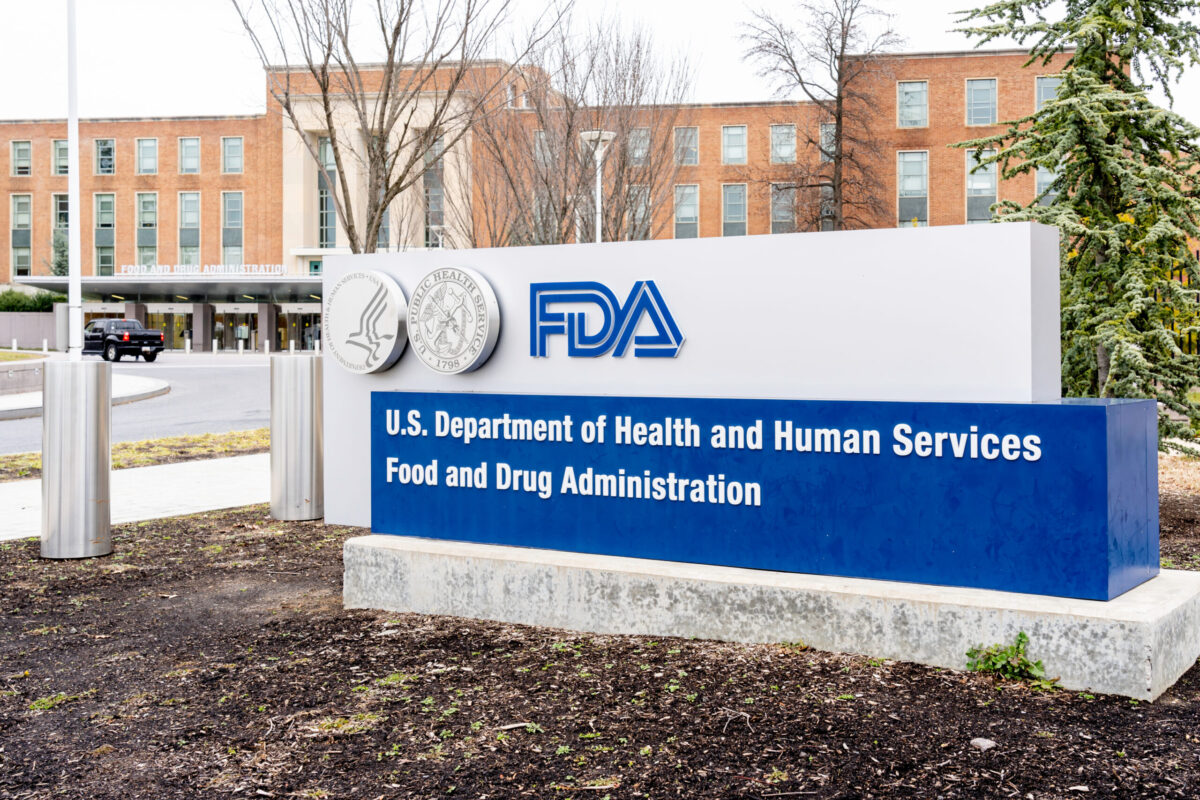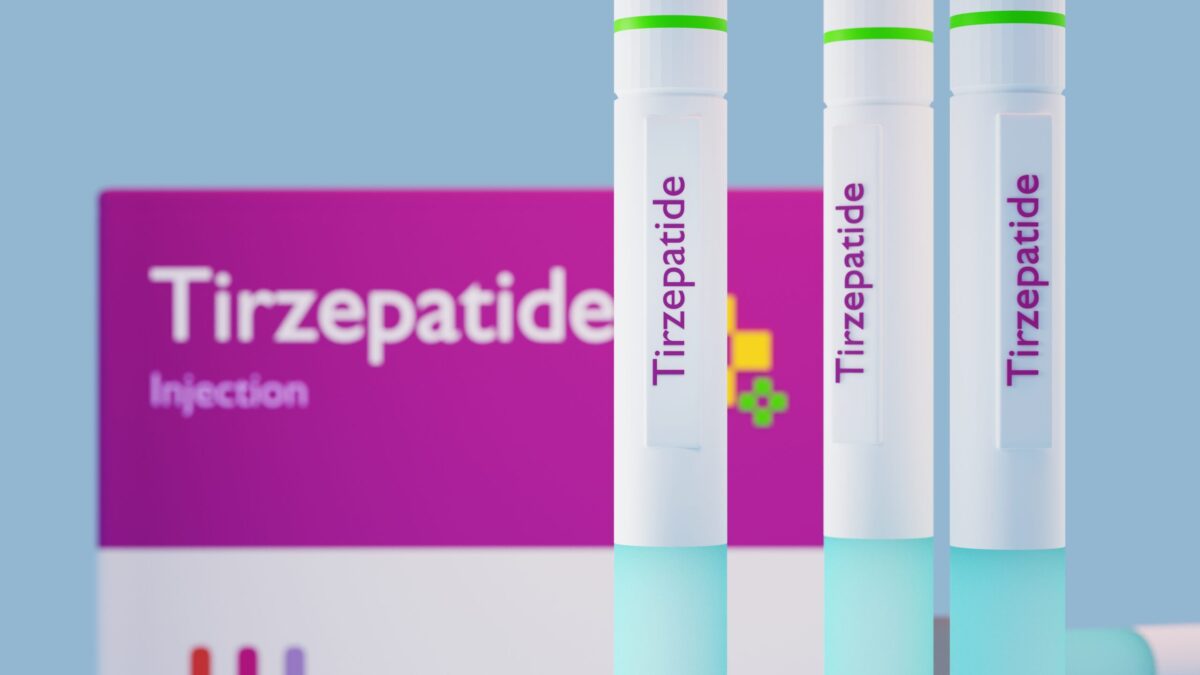About 70 percent of clinical trial participants with chronic lymphocytic leukemia experienced tumor shrinkage after being treated with CAR-T immunotherapy, according to researchers at Fred Hutchinson Cancer Research Center. The results of the Phase I/II clinical trial – which were published in the Journal of Clinical Oncology – could provide hope to patients whose cancers have failed to respond to other treatments.
The early stage clinical trial involved 24 patients with chronic lymphocytic leukemia (CLL) – the most common form of adult leukemia – who were classified as ‘high-risk’ because of their history of being unresponsive to other cancer therapies. Many of these patients experienced disease progression after being treated with the FDA-approved cancer therapy ibrutinib.
“It was not known whether CAR T-cells could be used to treat these high risk CLL patients,” said first author Dr. Cameron Turtle, an immunotherapy researcher at Fred Hutch. “Our study shows that CD19 CAR T-cells are a highly promising treatment for CLL patients who have failed ibrutinib.”
Patients with CLL produce abnormal white blood cells, known as lymphocytes, which accumulate in the lymph nodes. This year, an estimated 20,000 new patients will be diagnosed with CLL and 4,600 of those patients will die, according to the American Cancer Society.
CAR-T cell immunotherapy involves collecting a patient’s immune cells, known as T cells, and engineering them to recognize an antigen known as CD19, which is displayed on the surface of leukemia cells. The modified T cells are then reinfused into the patient in the hopes that they will recognize and destroy the cancer cells.
Out of the 24 study participants, 17 patients experienced tumor shrinkage or their cancer completely disappeared, four weeks after being treated with CAR-T cell therapy. However, 83 percent of patients also experienced a serious adverse reaction known as cytokine release syndrome, in which the T cells trigger a systemic inflammatory response.
This side effect is not uncommon in experimental CAR-T immunotherapy clinical trials, and the researchers reported that many of the patients’ reactions were reversible. One patient was admitted to the intensive care unit of the hospital and died as a result of the severity of the adverse reaction.
Despite the reported adverse events, the research team still believes that CAR-T immunotherapy could be a highly effective secondary treatment for CLL patients who are unresponsive to ibrutinib. Turtle and his colleagues continue to enroll patients with CLL, as well as acute lymphoblastic leukemia and non-Hodgkin lymphoma, in their CAR-T immunotherapy clinical trials.












Join or login to leave a comment
JOIN LOGIN